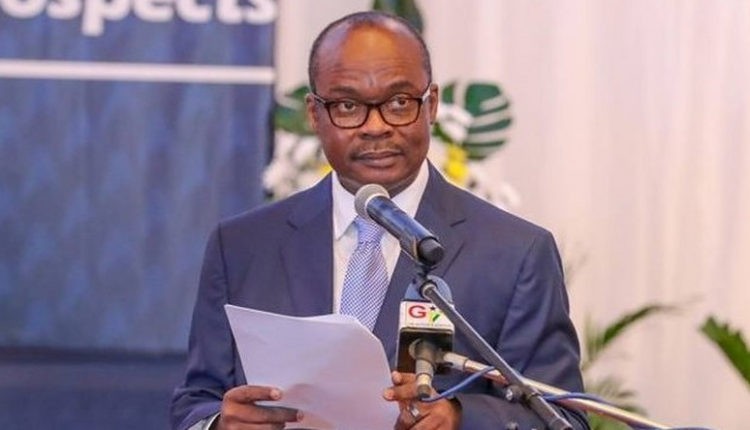In order to make clear how it finances the government during economic downturns, the Bank of Ghana (BoG) has highlighted the necessity of such interventions in light of external and internal shocks.
The Central Bank’s specific financial assistance to the government in these instances highlights the exceptional circumstances that called for these actions.
As the government dealt with the severe effects of the Covid-19 pandemic in 2020, the Bank provided GH 10 billion in assistance. This action made it easier to introduce the Covid-19 Pandemic Bond, which reflected the special requirements of the circumstance.
In addition, the Central Bank gave the government GH37.9 billion in budget support in 2022 to help with salary payments and debt maturities. The closure of Ghana’s capital market emphasized the need for this intervention.
The BoG claimed that its actions were appropriate in light of how serious the economy’s problems are.
By highlighting the government’s precarious financial situation, loss of access to global capital markets, and underperformance of domestic revenue, it placed these measures within the larger context of crisis management.
These elements forced the government to request assistance from the International Monetary Fund (IMF), suspend the Fiscal Responsibility Act, and made the Central Bank’s role in restoring economic stability necessary.
Majority Leader Osei Kyei Mensah-Bonsu emphasized that the law does not require the Bank of Ghana to report daily activities to Parliament in response to criticism of the Bank’s financing activities.
He made it clear that the Bank must inform Parliament of its foreign exchange receipts, a responsibility it has consistently carried out. In addition, the Parliament suspended the Fiscal Responsibility Act in 2020 in response to the crises brought on by the Covid-19 pandemic, demonstrating a flexible approach in unusual circumstances.
The BoG assured Parliament that its actions during economic upheaval were necessary and emphasized the crucial part these actions played in preventing potential defaults and upholding economic stability.
The particular difficulties brought on by internal and external shocks demanded responsive and adaptive policy choices, highlighting the significance of pragmatism in crisis decision-making.

